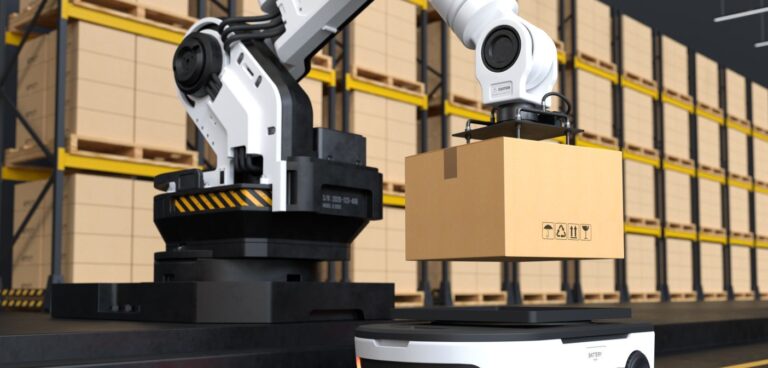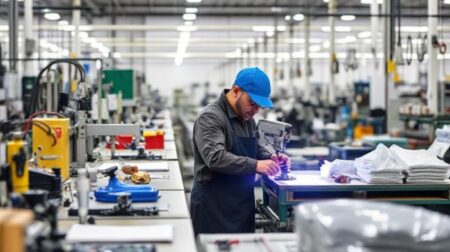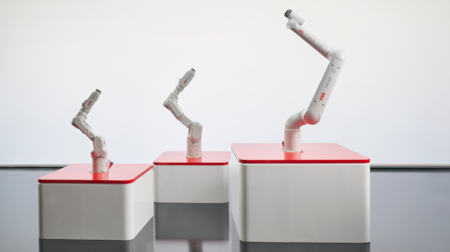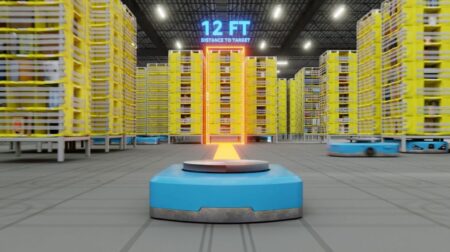Berkshire Grey, a robotic solutions provider, has released its 2022 State of Retail & eCommerce Fulfillment Report, which revealed that chief supply chain officers expect labour shortages to increase and that 64% saw the generation gap as a leading cause of the problem.
The research, conducted in partnership with Hanover Research, surveyed chief supply chain officers across retail and e-commerce businesses on issues such as labour shortages, costs, automation and predicted areas of industry growth.
The idea behind the report was to uncover how organisations are meeting increasing consumer demands.
Some 64% of those surveyed commented that generational differences in employment preferences will have a long-term impact on the availability of labour.
Many warehouse labourers are permanently leaving the field due to factors such as reskilling, pandemic-related illness and an ageing workforce.
“Labour issues across industries continue to vacillate, but unlike the temporary shortages seen in other industries, continued e-commerce growth and shifts in generational employment preferences are uniquely impacting the fulfilment industry and predicted to lead to long-term labour shortages that will only compound in the coming years,” said Steve Johnson, president and COO at Berkshire Grey.
“In addition to compensation strategies, companies need to utilise robotics automation in order to stay ahead of this demographic shift.
“Not only is it a huge attractor for young talent due to the increased safety and specialised upskilling it enables, it is also a game changer in terms of cost reduction, throughput and ROI.”
More than half (57%) of executives believed labour shortages had reduced their ability to meet demand.
Some 76% of executives said they believe they’ll need to raise wages; executives also saw automation as a promising means of attracting talent to the field.
Almost three-quarters (71%) of executives believed robotics automation was necessary to counter fewer young workers, despite only 13% saying they currently used robotic automation.
Berkshire Grey suggests that rising consumer expectations resulting from the pandemic are requiring retail and e-commerce companies to increase their throughput, with experts predicting the e-commerce market to grow from US$3.3tn (£2.8tn) currently to US$5.3tn (£4.6tn) by 2026.
Nearly three-quarters (72%) of executives thought they would lose customers if they didn’t offer free returns, and more than two-thirds (68%) expressed that they will need same day or faster delivery speeds within two years.
Since 2019, the percentage of executives who believe automation is mainstream has increased by nearly 43%, with Berkshire Grey attributing this rise in awareness to automation’s potential cost savings.
More than three-quarters (78%) of executives expect to save more than 10% on order fulfilment costs as a result of robotics automation, with most (85%) planning to increase their investment.








